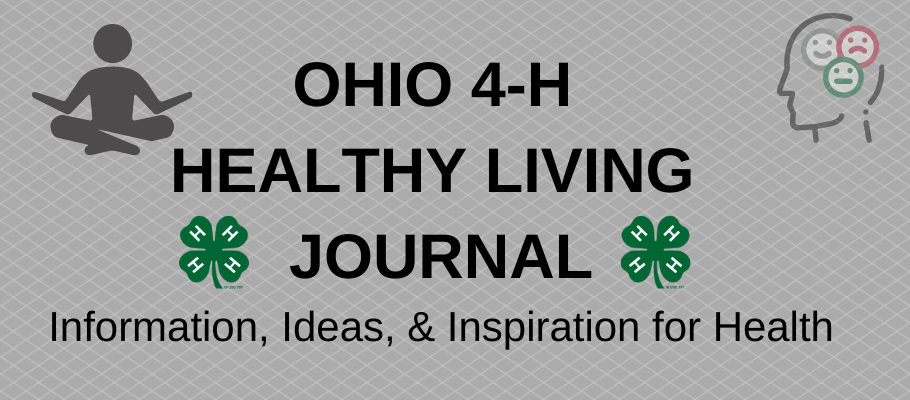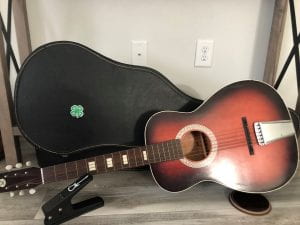Ohio 4-H decided to focus on mental health during the month of January 2021. Mental health has always been important, but the need to focus on mental health was never more apparent than in 2020.
Throughout the month, members of the 4-H Healthy Living Design Team wrote about different dimensions of wellness. Even though our focus was on mental health, we touched on many other aspects of health– physical, emotional, social, intellectual, environmental, financial, and creative. We presented some background information, suggested strategies to address each area, and shared our own experiences.
If you look back over the month, I think you can see how all the different dimensions of wellness are related to each other. For example, one way to make mindfulness part of our day is to listen when someone is talking to us. In turn, this will lead to better social connections, which will enhance our social health. Social connection creates a positive feedback loop of social, emotional, and physical well-being. In fact, research suggest that the quality of our social ties might be the single biggest predictor of our well-being. We can reach out to friends when we’re feeling stressed; in turn, we can check in with our family and friends to be the person that they turn to when they need support.
Of course, physical activity helps keep our body healthy. But that’s not all it does. Engaging in physical activity is recommended as a way to manage stress, which addresses our mental health. And even better when we can take that activity outdoors. Then we can practice mindfulness when we take in the sights, sounds, and smells when we’re walking outdoors.
Self-care strategies keep us healthy in many ways: in addition to physical activity, getting enough sleep; eating healthful foods; and making time for fun, learning, and creative activities are things we can do. Some of these strategies may require us to establish better habits to make them a regular part of our lifestyle.
The coronavirus pandemic has been challenging for everyone. It’s easy to think of what we didn’t get to do. However, I think you can probably think of some good things that happened last year. Among my family and friends there were high school and college graduations, weddings, new babies, new homes, new jobs, and other milestones. They may have looked different, but life kept on going. It’s important to pause and recognize the good things that happen every day, no matter how small. Another way to see the connections is in the COPE with COVID suggestions put forth by Dr. Bern Melnyk, Chief Wellness Officer at The Ohio State University and Dean of the College of Nursing. You can see how these suggestions incorporate aspects of physical, mental, emotional, and social health, as well as gratitude and mindfulness.
Today’s Take-Away: Look for ways to pledge your health to better living. The resources developed for Ohio 4-H Mental Health Month are posted on our webpage. But even though the month is over, we will continue to share information, ideas, and inspiration about healthy living topics throughout the year.
Yours in Health,
Theresa Ferrari, Extension Specialist, 4-H Youth Development












